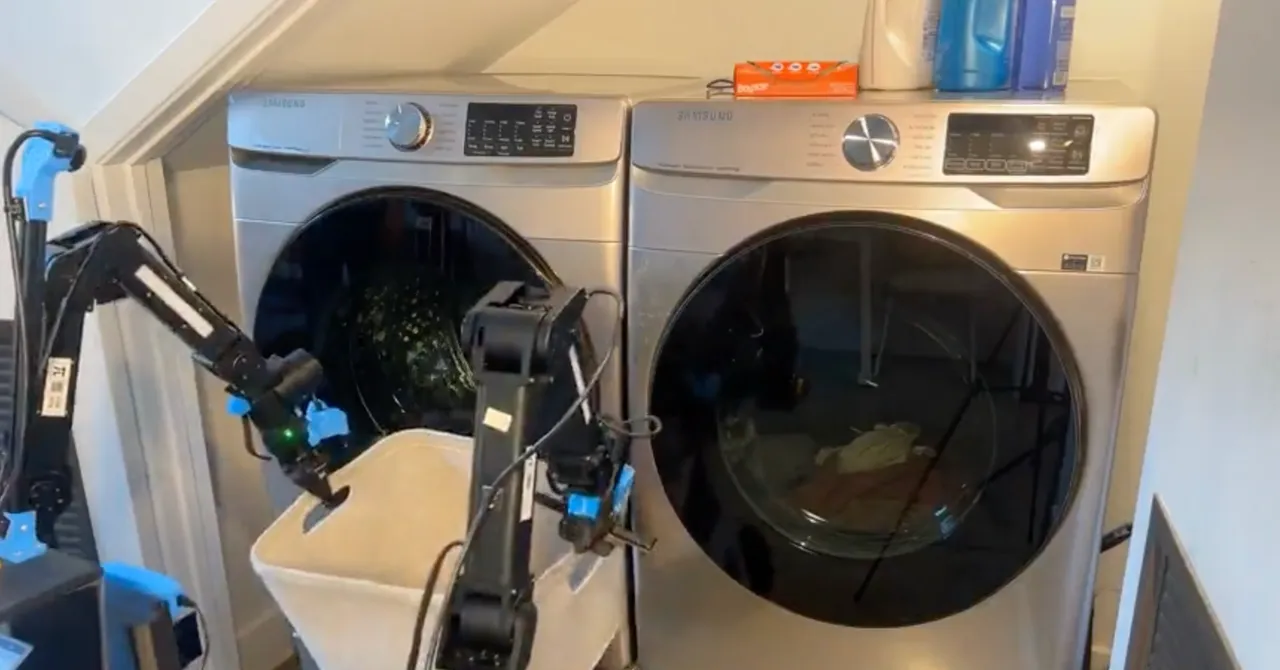Exploring the Future of AI Robots and Their Capabilities

Unleashing the Power of Machine Learning in Robotics
Artificial intelligence (AI) is rapidly changing the landscape of robotics, enabling machines to tackle a variety of household chores previously deemed science fiction. Physical Intelligence, a promising startup based in San Francisco, is at the forefront of this revolution. This company harnesses machine learning to create a versatile AI model designed to operate multiple robot types.
The Foundation Model: Pi-Zero
With their foundation model, known as π0 or pi-zero, Physical Intelligence has trained an intelligent system using extensive data collected from various robots performing domestic tasks. Through a combination of human-assisted teleoperation and advanced data aggregation, this model exhibits remarkable capabilities as showcased in their recently released demonstration videos.
- Robots retrieving laundry from a dryer
- Arms skillfully folding clothes
- A robot expertly assembling a cardboard box
The Challenges Ahead
Despite these advancements, challenges remain. While the algorithm shows promise, it isn't infallible; robots occasionally encounter difficulties that result in humorous outcomes. For instance, attempts to stack eggs can lead to overfilling errors, demonstrating the limitations of current AI.
Looking to the Future
Creating robots with greater general capabilities not only enriches everyday life but also opens vast commercial opportunities. As excitement builds around advances in AI and robotics, we can anticipate a future where such versatile machines will fundamentally change how we interact with technology.
This article was prepared using information from open sources in accordance with the principles of Ethical Policy. The editorial team is not responsible for absolute accuracy, as it relies on data from the sources referenced.